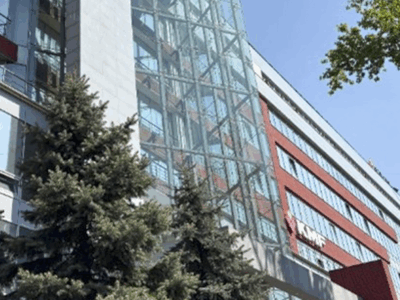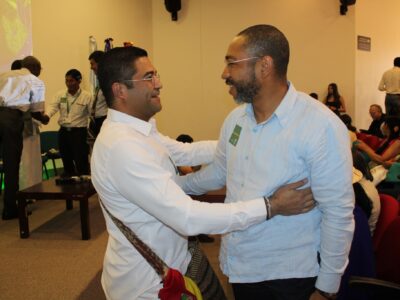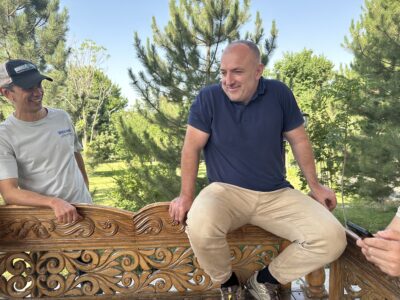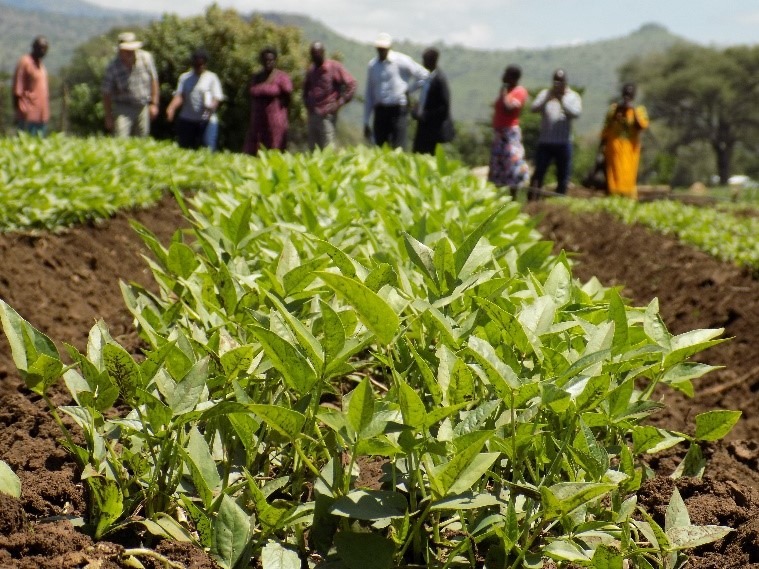
Recent studies show that the human population’s growth rate is increasing by 1.11% per year. Less clear, however, are the studies on what the earth’s carrying capacity (or the number of living organisms it can support without environmental degradation) should be. Factors like climate change, disease, war, and resource availability play important roles. These factors, combined with our inability to foresee technological advances or clearly define wellbeing, make it difficult to determine the ideal number. However, many scholars agree that the earth will succumb to a tipping point, or threshold approaching degradation, as pollutants fill our air, water, and soil.
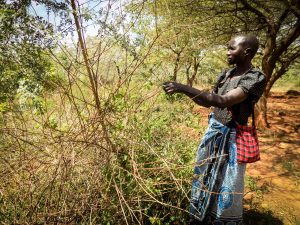
Under ACDI/VOCA’s Resiliency through Wealth, Agriculture, and Nutrition (RWANU) project, communities in the Karamoja region of Uganda became more aware of the benefits of their ecosystem. The project implemented community-managed activities to replenish forests once diminished by the gathering of firewood and charcoal, successfully establishing 233 acres for farmer-managed natural regeneration. Participants learned how to care for tree stumps to promote regrowth and how to cultivate plants for livestock fodder. Several participants also started small businesses, such as beekeeping, to diversify their incomes. In Karamoja communities, and anywhere deforestation occurs, these efforts help mitigate the effects of decreasing bee populations, which can impact birds and other species.
RWANU participants highlight the relationship we should all have with our natural environment. Otherwise, we risk our own food security. For example, trash dumped into our oceans releases large amounts of CO2 and causes major coral beds, like the Great Barrier Reef, to die along with the fish they support. Less food for bigger fish means less seafood for human consumption on the market. (This may explain why your favorite fish is suddenly expensive.)
The RWANU project follows a growing trend toward encouraging conservation efforts through small changes to our daily routines. Everything from food disposal to public transportation has an environmental footprint. Although many of these factors fall outside our control, how we choose to live indicates how self-aware we are of our role in our ecosystem. Small changes, such as riding a bike instead of driving, eating less red meat, or recycling, can positively impact the environment. Innovations in climate-smart agriculture and other environmentally-friendly practices will go far in preserving our finite, natural resources.
Comments
